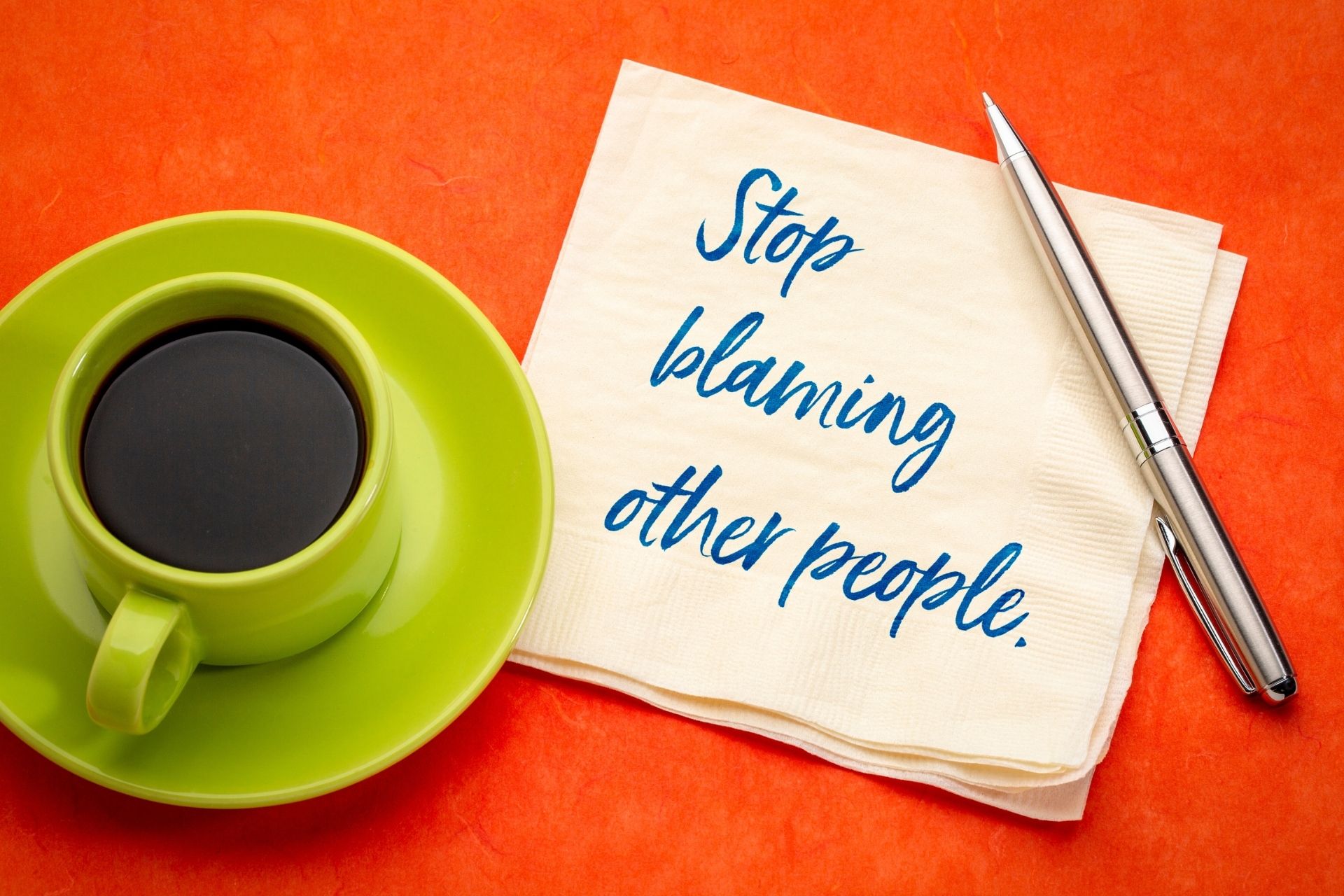Introduction
Most people are inclined to believe that their relationships fail or have problems because they didn’t choose the right partner or because their partner is the source of the stress. It can feel so much better to look for accountability outside of yourself than to understand your own contribution to the problem.
- My partner just isn’t there for me.
- I can’t find anyone decent. Why bother?
But what if you are the problem? What if you are in a romantic relationship that has landed on a fault line and your own behaviors may be the reason?
Let’s take a look at some of the areas you may unknowingly be eroding or sabotaging and unraveling the love.
When talking to your partner about what is bothering you, how sensitive are you?
Be careful what you say – harmful words can’t be taken back. We say all sorts of things when we are angry that we do not actually mean. Harsh words may be forgiven, consciously forgotten, or dismissed, but they may still linger in your partner’s heart.
Don’t forget that it is very possible to love someone and still want to cause them pain. When you are angry it is easy to forget your partner is more than the person who hurt you and who you wish to hurt back.
No matter how angry you are, try to remember that most of the time you also love your partner.
Do you talk to your partner about difficult subjects when you feel close to them, or when you are angry?
If your partner comes home late when they have promised to be home early, are you one of those people who gets satisfaction venting your anger, especially if you can manage to get an apology and a promise to try harder in the future?
Most people respond to anger by being defensive and are not likely to listen fully to your concerns. When you direct your anger at your partner, emotions will likely be stirred up that interfere with their ability to have empathy for your point of view.
Instead, if you are angry about something, you could say, “You know I’m upset but I think it would be better to talk about the issue at some other time when I’m not so mad.” When reintroducing the uncomfortable issue, ask your partner if it is a good time.
Are you aware of your partner’s hot buttons? If not, you need to be.
Many people feel that the main problem in their relationship is their partner’s emotional hang-ups. Perhaps you think your difficulties stem from you partner’s insecurities, moodiness or temper. Though one of you may have more insecurities than the other, each of you enters into your intimate relationship carrying some emotional baggage.
Perhaps, without knowing it, you may be tapping into your partner’s particular sensitivities. The reaction can be like stepping onto a landmine and getting hit with an explosion.
The first step in avoiding this type of entanglement is to know your partner’s hot spots. Think carefully about what has led to previous troubles. What things are your partner particularly reactive to?Some common hot spots that can lead to arguments include:
- Your partner gets annoyed if you ask them what they are feeling.
- Your partner can’t stomach “endless” discussions of problems.
- Your partner becomes overly sensitive when you tell them they are doing something incorrectly.
Conclusions
Yes, I am an expert in human relationships. I help couples and individuals resolve disputes and cool down hostilities. However, like everyone else I can lose sleep over relationships in conflict.
It took me a long time to realize that the key to resolving interpersonal disputes is not found in getting people to treat me differently. In other words, figuring out what is wrong with others and defining why they aren’t behaving in ways I want them to, is not at all useful.
Once I stopped holding others responsible for my discomfort and moved beyond thinking they should change and be more like me, I felt liberated by the idea that I can look internally and concentrate on putting these insights to work in ways that help me to act differently in the future.
Blaming others is easy. But, the key to resolving conflicts is not what’s wrong with “them.” Once you understand the forces that maintain your self-defeating behaviors you can learn to react differently. Yes, it’s me!
If you have any questions, click here to schedule your initial consult.
Warmly,
Deb


0 Comments